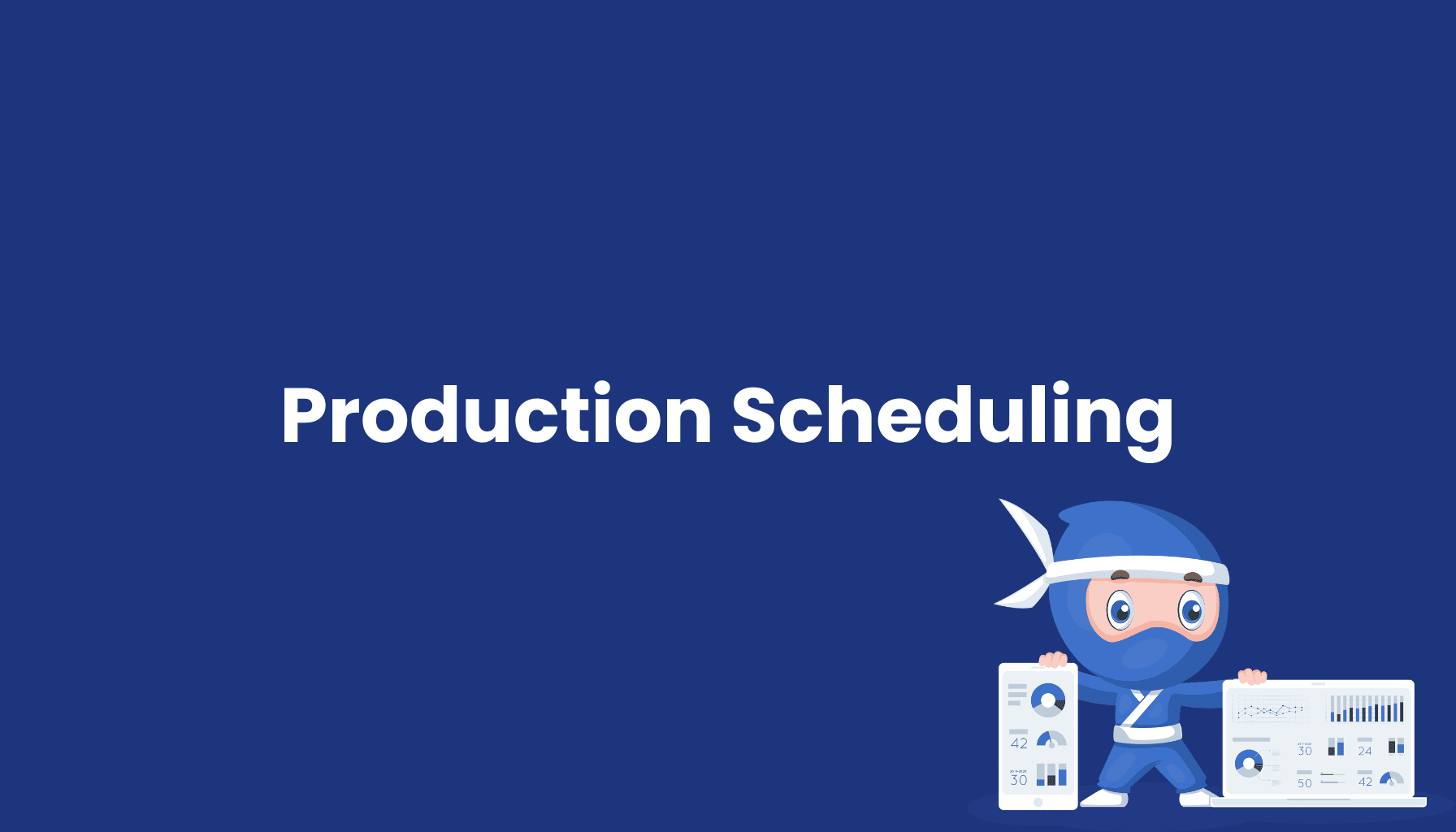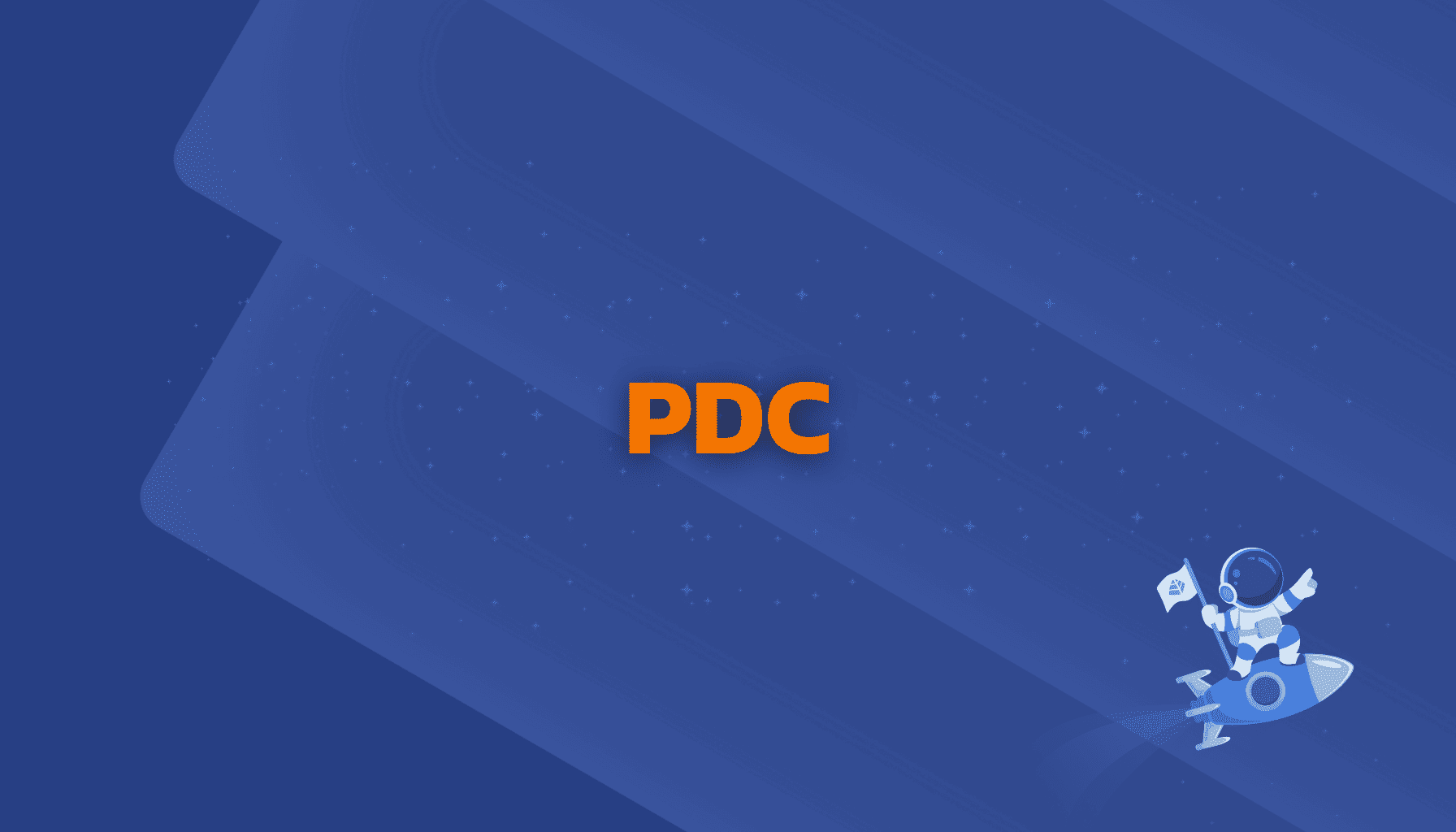Production Scheduling

What Is Production Scheduling?
Production Scheduling, also known as Master Production Scheduling (MPS), is a strategic planning tool that coordinates the timing and quantity of production activities. It forms the foundation for efficient manufacturing and optimal resource utilization in product creation.
Key Components of Production Scheduling
Master Production Schedule (MPS)
- Detailed production plans
- Integration with high-level planning
- Alignment with business objectives
- Consideration of resource constraints
- Coordination across departments
Production Planning
- Determination of production quantities
- Scheduling of workflows
- Materials requirements planning (MRP)
- Capacity planning
- Minimization of downtime
Real-Time Scheduling
- Dynamic adjustments
- Flexible production control
- Immediate plan updates
- Responsiveness to changes
- Optimized resource allocation
Efficient Production Systems
- What-if scenario simulations
- Capacity analyses
- Resource optimization
- Increased forecast accuracy
- Enhanced decision-making
Role of the Master Scheduler
Responsibilities
- Coordination of production processes
- Alignment with sales requirements
- Resource allocation
- Performance monitoring
- Process optimization
Tasks
- Creating production schedules
- Balancing capacities
- Coordinating materials
- Monitoring deadlines
- Enhancing efficiency
Integration and Optimization
Cross-Department Collaboration
- Synchronization of sales and production
- Coordination with materials management
- Quality assurance alignment
- Logistics planning
- Cost management
Process Integration
- ERP system connectivity
- MES integration
- Supply chain management
- Inventory management
- Order processing
Benefits of Production Scheduling
Operational Advantages
- Optimized lead times
- Reduced downtime
- Improved resource utilization
- Increased productivity
- Enhanced customer satisfaction
Strategic Advantages
- Planning reliability
- Cost reduction
- Flexibility in operations
- Competitive edge
- Sustainability improvements
Challenges and Solutions
Common Challenges
- Complex production workflows
- Fluctuating demand
- Resource shortages
- Material availability issues
- Inter-department coordination
Solutions
- Advanced planning systems (APS)
- Intelligent algorithms
- Real-time data analysis
- Automated scheduling tools
- AI-powered optimization
Future Trends in Production Scheduling
Technological Developments
- AI integration
- Machine learning applications
- Digital twin technology
- Cloud-based solutions
- Mobile access capabilities
Process Optimization
- Autonomous scheduling
- Predictive analytics
- Adaptive systems
- Agile planning methods
Sustainable Production
- Energy efficiency
- Waste reduction
- Circular economy principles
Conclusion: The Key to Efficient Production
Production Scheduling is an indispensable tool for modern manufacturing companies. Integrating Master Production Scheduling with advanced planning systems enables seamless coordination between production, sales, and other departments. By leveraging real-time data and intelligent scheduling tools, businesses can enhance production efficiency while remaining agile and responsive to market demands.





